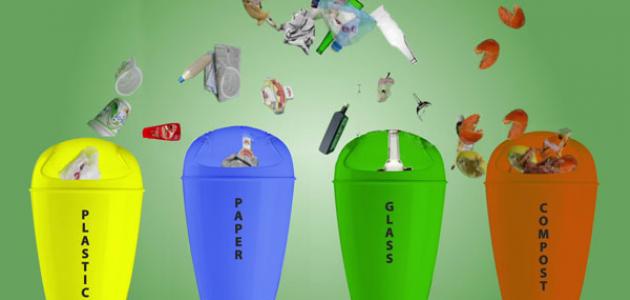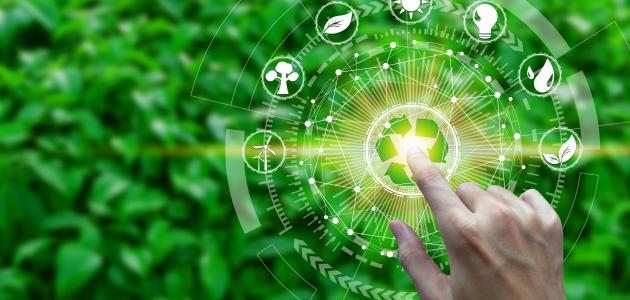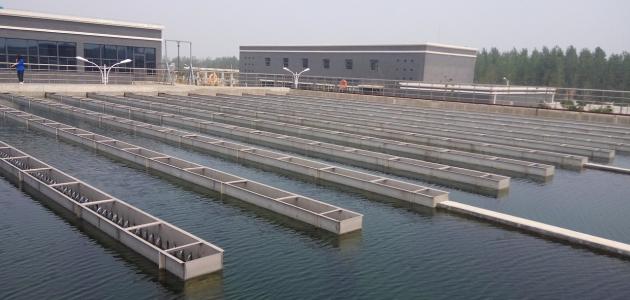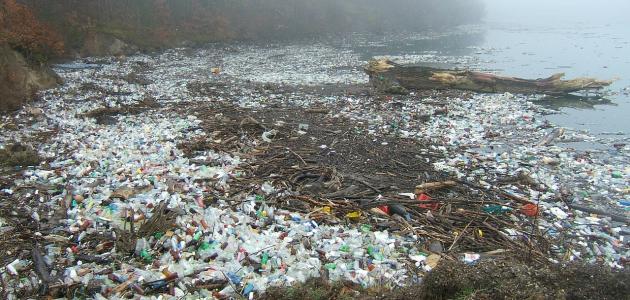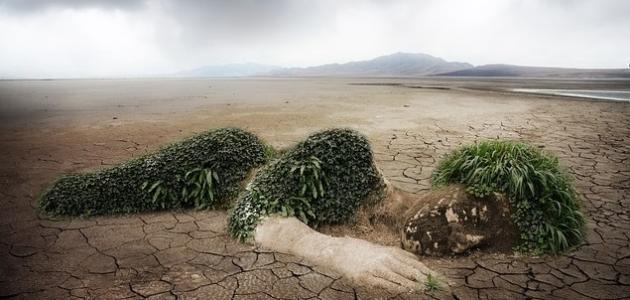Waste Recycling
The increase in population in the world, the rise in the standard of living, agricultural and industrial progress, and the lack of appropriate methods for collecting, transporting and recycling waste have led to a tremendous increase in the amount of solid household waste, and thus the pollution of various elements of the environment, so that the activities carried out by humans inside the home result in large quantities A large amount of solid waste that varies according to its sources.
Sources of solid household waste
Solid waste is defined as a group of solid waste resulting from various human activities in the home, which one wishes to dispose of. Most of the waste generated directly from homes, restaurants, and hotels, such as food waste, paper, glass, and plastic, often do not pose a threat to public health and safety, and therefore can be Collected, transported and recycled.
Solid waste management
Effective management of household solid waste includes a set of processes, namely storing, transporting and treating waste using the latest methods; To achieve a clean environment, you must go through the following stages:
- Production stage: It includes getting rid of unwanted materials, so that our garbage bag can be made smaller every day, by following the following procedures:
- Use tools that can be used more than once, and avoid single-use tools.
- Use environmentally friendly materials such as paper bags instead of plastic bags.
- Use glass and metal containers more than once.
- Storage stage: It means storing solid waste in a place or container. These containers should have rounded corners, so that they can be easily emptied and cleaned in order to prevent insects and rodents from accessing their contents.
- Collection stage: It collects waste from storage points and transports it to the disposal point using waste collection vehicles and animal-drawn vehicles.
- Subtraction stage: It is the last station for solid waste, as it is usually disposed of in locations far from residential areas in a place called a landfill.
- Waste production cannot be prevented, but we can reduce it, and when we think about our waste at home or at school, it will seem to us that there are many things that we dispose of; As they have become useless, there are many of them that can be recycled, i.e. reused
Benefits resulting from recycling
There are many environmental and economic benefits that can be obtained as a result of solid waste recycling, including the following:
Read also:Short essay on environmental pollution- Reducing the depletion of natural resources; Recycling paper and cardboard contributes indirectly to reducing the cutting of forest trees that are used to manufacture paper.
- Reducing energy consumption and environmental pollution.
- The biodegradation method is one of the good ways to return organic waste to its natural cycle, and is done by fermenting it to produce scavenger, which is used as a natural fertilizer.
